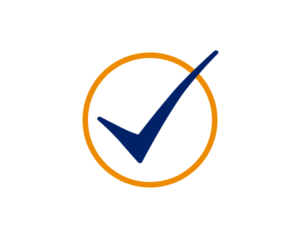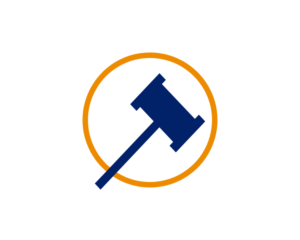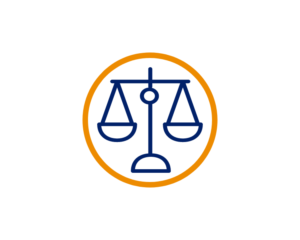10 Steps to Getting Legal Protection Against an Abuser in Georgia

We know that leaving an abuser is hard, but there is help. If you are a victim of domestic violence, seek legal protection. It can make a difference.
The Family Violence Act provides legal protection to victims of domestic violence. This type of protection is known as a protective order.
Steps to Getting Help 1:

1. Confirm the law applies to you. The law applies if: 1) the violence is from someone you’ve had a relationship with, now or in the past (this includes partners, parents, children, etc.) AND if 2) the violence is a certain type of act, including battery, assault, stalking, property damage, unlawful restraint, or criminal trespassing.

2. Find the right court. Typically, you will file a protective order in the county where the abuser lives.

3. Gather your evidence. Before filing, you will need to have the appropriate information. Come prepared with dates that abuses occurred, any criminal record of the abuser, the home/workplace address of the abuser, etc.

4. Fill out a form called “Petition for Temporary Protective Order”. Only fill out the information relevant to you, and if you are uncertain about the facts, use the words “maybe”, “about”, or “approximately”. In this form, you can also ask the court to order that your abuser turn over any gun/weapons to the law enforcement officer when served with the order.

5. Fill out another form called “Family Violence Ex Parte Protective Order”. You will bring both forms to a clerk/judge at the same time.

6. Call the Superior Court Clerk’s office to ask if the judge is available for a family violence ex-parte hearing. They will direct you to go either to the clerk’s office or directly to the judge. Be sure to bring the original, notarized forms, plus two additional copies of each.

7. Go to the ex-parte hearing with the judge on the designated date, and bring all the evidence you have, including your petition, any medical evidence and bills, police reports, warrants, photographs of injuries, and a witness who saw the domestic violence occur. Note that some judges will only look at your petition, so provide as much detail there as possible. If the judge does not sign your order, consult an attorney.If the judge does sign, take it to the clerk’s office to file it. Then take a copy to the Sheriff’s department for service.

8. Keep a copy of your Ex Parte Protective Order with you at all times.

9. Attend a second hearing. Your first protective order is only good for 30 days. The second hearing will help you get a 12-month (or longer) order. Before this hearing, fill out another form called the “Family Violence 12 Month Temporary Protective Order”. The abuser may be present at this hearing, and is allowed to ask you questions during the hearing. Remain calm at all times. Come prepared with any evidence you have, including the evidence from the first hearing.

10. If the order is signed, take it to the clerk’s office, keep a certified copy with you at all times, and give a copy to the police department and your child’s school if applicable.
If the Abuser Violates the Order:
- Call the police and tell them that you have a protective order and your abuser has violated it.
- If the police refuse to arrest the abuser, take the officer’s name and speak to his/her superior.
- If abuse or threat of abuse continues, you can make the protective order permanent by requesting an extension of the order BEFORE it expires.
Every year, Atlanta Legal Aid assists over a thousand victims of domestic violence in securing legal protection for themselves and their children. Although domestic violence affects people across class lines, we focus on helping low-income people, as they lack the financial resources to hire attorneys to assist in securing protective orders. Although people can represent themselves in matters concerning domestic violence, it helps to have a legal advocate who knows the law and court protocol. To see if you or someone you know qualifies for legal assistance from Atlanta Legal Aid, visit atlantalegalaid.org/contact-2/ and call the office nearest to you.
Share this infographic with your friends and family. Many victims of domestic violence don’t speak up for a long time, so you may not know who needs this information. Many people are also unaware of how to seek legal protection against their abusers, and this information can help clarify the process to that women are more prepared to address the violence in court.

1 All information comes from the Self-Help Manual for Victims of Domestic Violence, prepared by Georgia Legal Services Program. To read the full manual, visit the manual at the link provided.